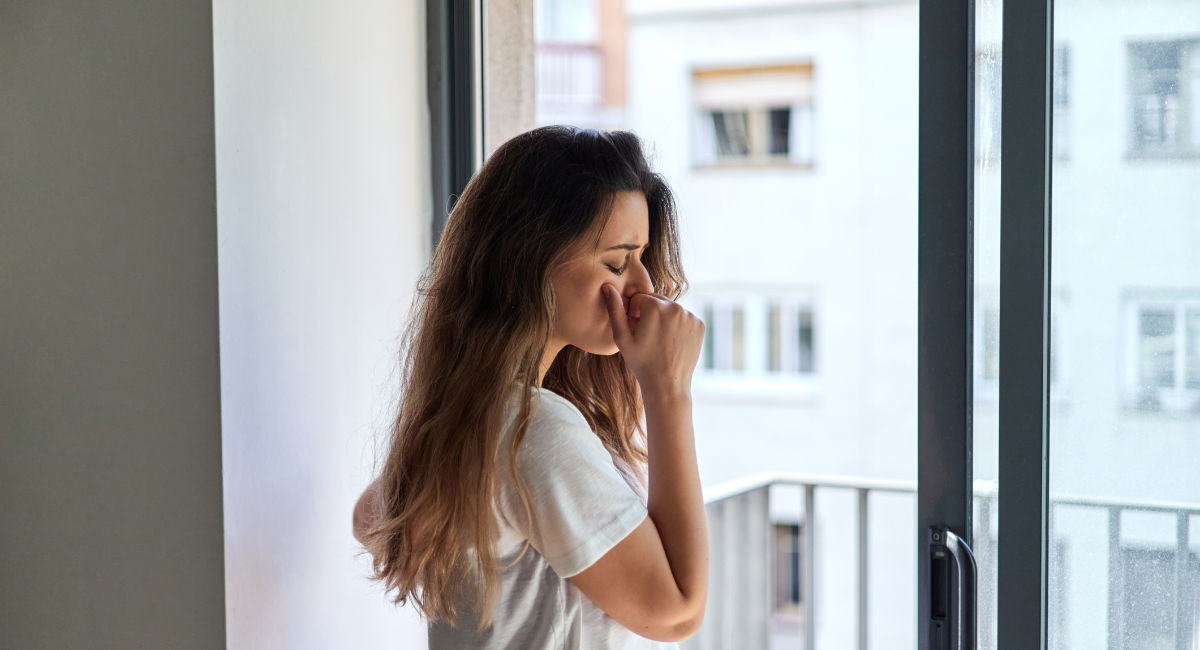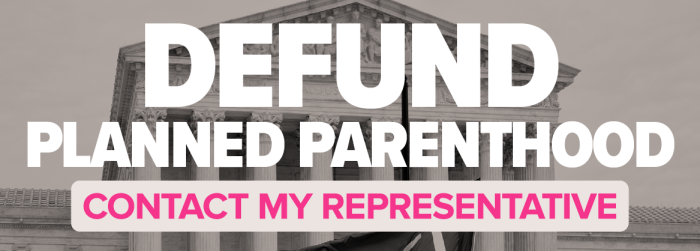Though abortion activists frequently claim that abortion does not negatively affect women, a new program from Women’s Health Tasmania (an island state in Australia) — which directs women to abortion providers — is proof that abortion activists know women often struggle afterwards.
Women’s Health Tasmania has launched a peer-to-peer support service, aimed at giving post-abortive women the opportunity to process their feelings and heal from the pain of their abortions. “I kind of went through it in secret, and alone,” one woman, Abi, said. “And when difficult things came up, I had no-one to debrief [with].” Each session takes place over the phone or online, confidentially, connecting each post-abortive woman with another woman who has also had an abortion.
“There’s something very validating when somebody just gets it,” Abi said.
If it weren’t traumatic, healing resources wouldn’t be necessary
Jo Flanagan, the chief executive of Women’s Health Tasmania, said she worries that stigma surrounding abortion will make women too scared to come forward to access this resource. “When you go through the process of having an abortion, you talk to your GP and you might talk to one of our counsellors or health workers [at Women’s Health Tasmania],” she said. “But they’re health professionals so they don’t disclose their own life experiences.”
Yet in reality, it isn’t always stigma surrounding abortion that prevents women from accessing healing resources; it is sometimes stigma surrounding the very idea that healing from an abortion might be necessary in the first place.
Flanagan explained that the service has made a difference among women who have received support. “We asked people to use words to describe how they feel before they’ve talked to the peer worker, and how they feel afterwards,” Flanagan said. “The kinds of words that people use [before] are ‘alone’, ‘worthless’, ‘coward’. And [the] kind of words they use afterwards are ‘valued’, ‘brave’ and ‘worthy’. “I think that says everything.”
READ: Can’t Stay Silent: Men express profound regret for participation in abortion
The abortion industry has routinely insisted that abortion has no negative effects on women, including by touting the egregiously-flawed Turnaway Study, in which pro-abortion researchers claimed to show that over 90% of women do not regret their abortions. However, bias was intrinsic to the study’s design; just 877 women were chosen, after being hand-picked by abortion facilities to participate and then interviewed by phone every six months for five years. A quarter of the women who were “turned away” from having an abortion simply had one in another state, something not acknowledged by the study, and there were no comparisons made to women with an unexpected pregnancy who did not seek out abortion but made the decision to parent from the beginning.
Furthermore, out of thousands of women recruited for the study, only 27% agreed. And then of the 877 women who did participate at the beginning, only 17% remained by the end of the five years; the rest had dropped out, meaning it was impossible to determine what effect the abortion had on the majority of those women.
Well-known women have even suffered from abortions
In reality, many women have spoken out about how abortion negatively impacted them, and the pain and suffering they had to live with afterwards. Grammy award nominee Michele Pillar, for example, was 17 when she had an abortion. She said, “The abortion was such an atrocity to me that I stuffed it down in a hole somewhere in my soul, and that’s where it sat for decades. Abortion is not a procedure. Abortion is pillage to the soul. I’m going to tell the world that it’s a travesty, and I just hope that one girl can hear it.”
Another example is Lisa Marie Presley, who spoke about her own abortion regret. “I ended up having an abortion. And it was the stupidest thing I’ve ever done in my whole life. I was devastated. I did it and we both cried. We were both destroyed and not long after that we fell apart and broke up. I couldn’t live with myself,” she said. She admitted she asked her child for forgiveness, saying, “‘I’m so sorry, I can’t believe I f–king did that. Please forgive me and stay with me until I get pregnant again.’”
Kaya Jones of the Pussycat Dolls had multiple abortions and said they were traumatizing. “You will regret it your whole life,” she said. “Even if I become a mother tomorrow, and I’m happily married and all is well, I’m still going to regret the three children I did not have.”
Countless other examples can be found on websites like Can’t Stay Silent, Silent No More and Abortion Changes You, where post-abortive women share their stories of grief and pain. Women need the opportunity to heal from the trauma of abortion, and while the new initiative in Tasmania still seems to insist that abortion can be a positive option for women, it’s at the very least acknowledging that women need help and support afterwards.








